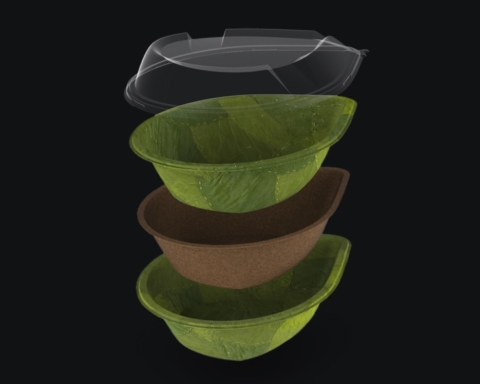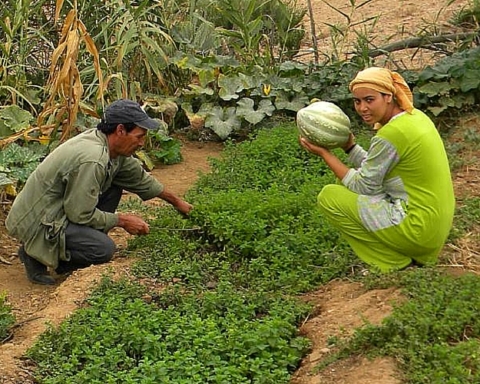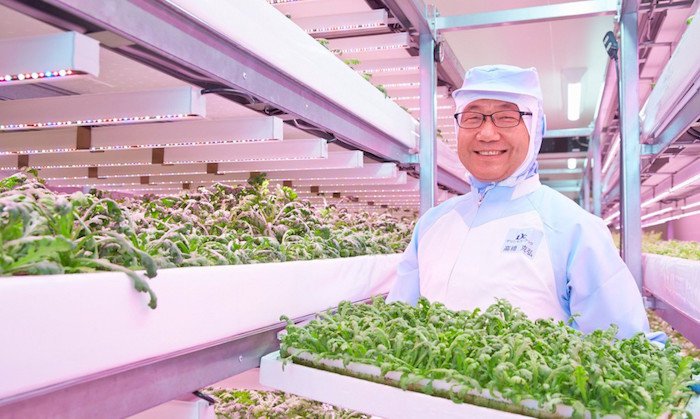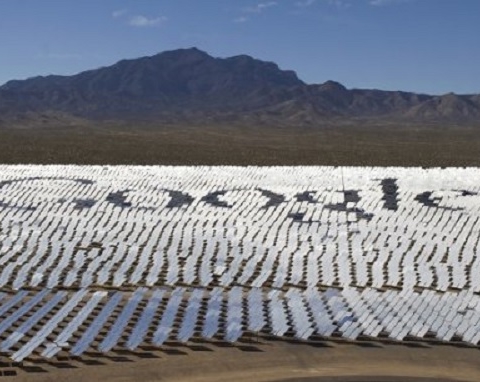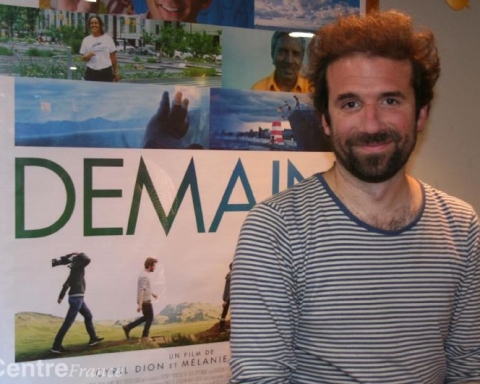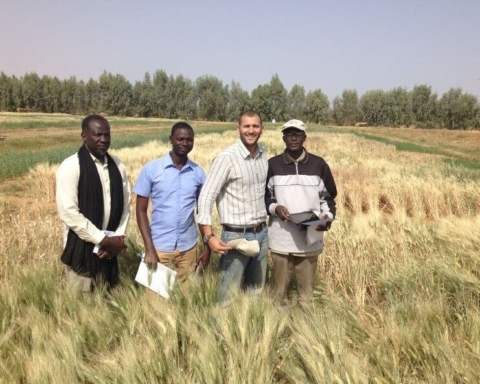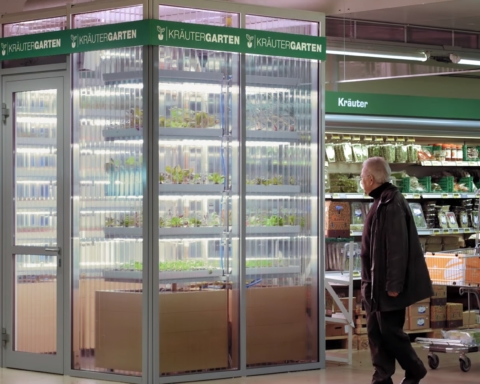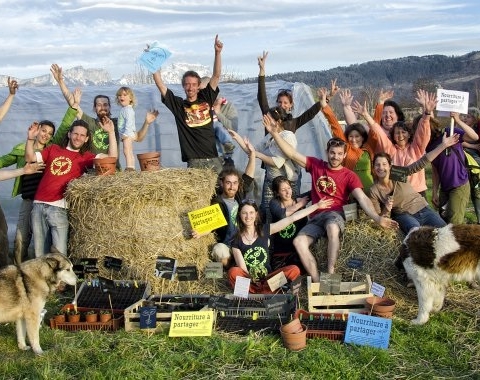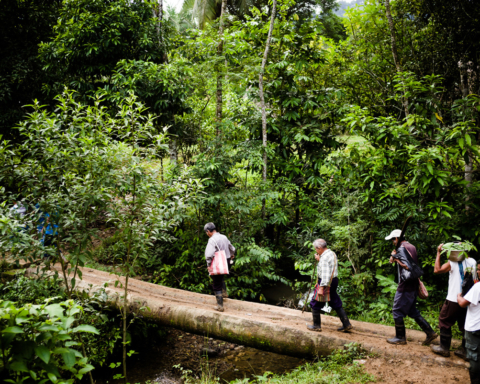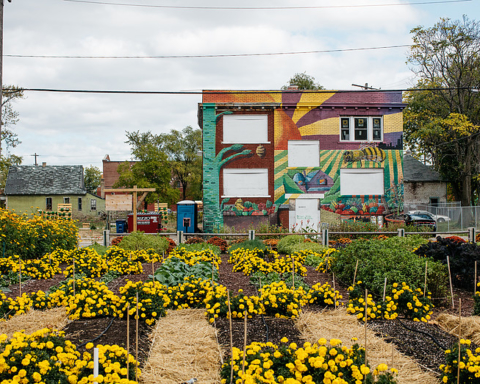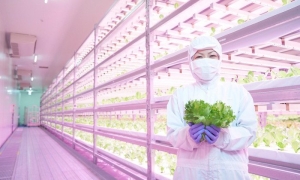
Can we imagine another form of agriculture? A friendlier farming environment which does not use pesticides, do not waste water and reduces CO2 emissions? This is the objective of these projects in Shizuoka and in Narashino City, Japan.In the “Fuji Farm”, a vertical agricultural greenhouse in Shizuoka, 12 000 salads grow every day. Farmers produced five different varieties of lettuce. Special feature: the use of LEDs, low consumption bulbs powered by solar panels and capable of recreating natural light.
The benefits are numerous. No pesticides are used. The salads are grown in optimal conditions: temperature and humidity. The productivity is more important. The space required for the crops is reduced.
Hitoshi Wada, director of Innovatus, the company managing the project, emphasises on the quality of these products. “Our lettuces are of quality and taste is constant. Moreover, we use only a fraction of the water needed for crops that grow outdoors. The salads are available in Tokyo supermarket two hours after packaging. They grow under very strict hygienic conditions and there is no need to wash them before eating. ”
The benefits are numerous. No pesticides… Productivity is more important… The space required is reduced.
Udo van Slooten, director of the horticulture department of the company Philips Lightning, said: “Japanese consumers want products with more taste, more wholesome, nutritious and at a reasonable cost. Vertical farms are the ideal solution to meet their requirements, particularly in an urban setting where space is scarce. ”
The other greenhouse “Delicious Cook”, located in Narashino City, produces other varieties of herbs, including coriander.
The objectives of these projects are going in the right direction. The method is surprising because it is far from what traditional agriculture offers.



